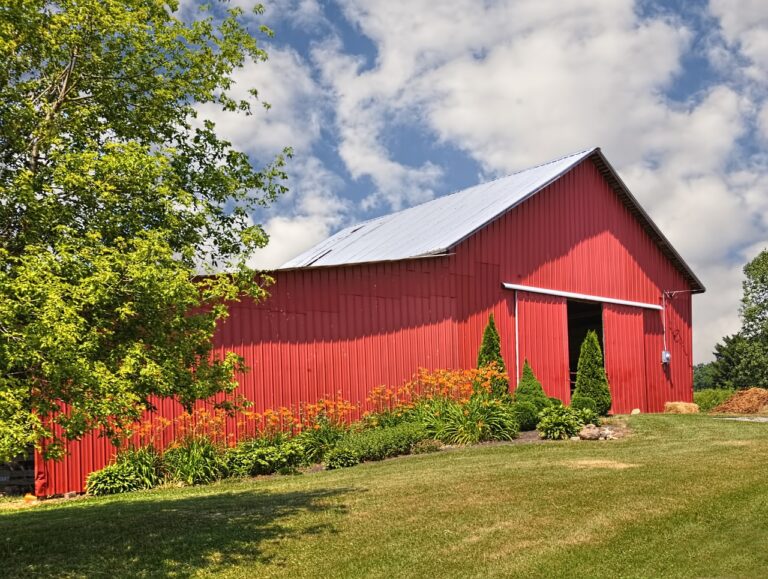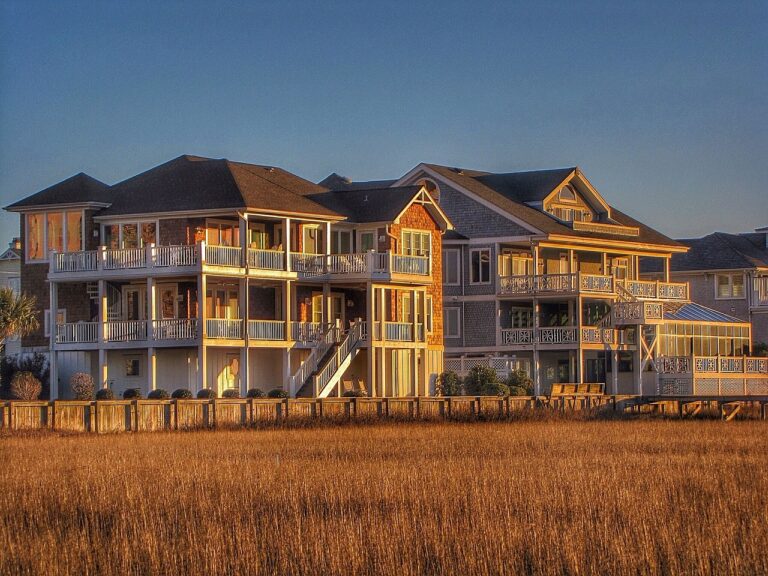Exploring the Use of Sustainable Practices in Smart Home Construction
11xplay pro, tiger 247 login, betbook:Exploring the Use of Sustainable Practices in Smart Home Construction
Smart home technology has revolutionized the way we live, offering convenience, security, and energy efficiency. But as we strive to make our homes smarter, we must also consider the impact on the environment. Sustainable practices in smart home construction are becoming increasingly important as we look towards a more eco-friendly future.
In this blog post, we will explore the use of sustainable practices in smart home construction and how they can benefit both homeowners and the planet. From energy-efficient appliances to eco-friendly building materials, there are numerous ways to incorporate sustainability into the design and construction of smart homes.
Energy Efficient Appliances
One of the key components of a sustainable smart home is the use of energy-efficient appliances. By choosing appliances with high energy star ratings, homeowners can reduce their energy consumption and save money on utility bills. Smart thermostats, lighting systems, and appliances can all be connected to a home automation system, allowing homeowners to monitor and control their energy usage more effectively.
Solar Panels
Another popular sustainable practice in smart home construction is the installation of solar panels. Solar energy is clean, renewable, and abundant, making it an ideal alternative to traditional fossil fuels. By harnessing the power of the sun, homeowners can generate their own electricity, reduce their carbon footprint, and potentially even sell excess energy back to the grid.
Water Conservation
Water conservation is also an important aspect of sustainable smart home construction. Low-flow plumbing fixtures, such as toilets, faucets, and showerheads, can help homeowners reduce their water consumption and lower their utility bills. Smart irrigation systems can also be installed to monitor and adjust watering schedules based on weather conditions, soil moisture levels, and plant types.
Eco-Friendly Building Materials
When building a smart home, it’s essential to consider the materials used in construction. Eco-friendly building materials, such as bamboo flooring, recycled glass countertops, and low-VOC paints, can help reduce the environmental impact of the building process. These materials are sustainable, durable, and non-toxic, making them a smart choice for environmentally-conscious homeowners.
Indoor Air Quality
Indoor air quality is another important factor to consider when implementing sustainable practices in smart home construction. Air purifiers, ventilation systems, and smart HVAC filters can help remove contaminants and allergens from the air, improving the health and well-being of the home’s occupants. By maintaining a clean and healthy indoor environment, homeowners can create a more sustainable and comfortable living space.
Smart Home Automation
Lastly, smart home automation plays a crucial role in sustainable smart home construction. By connecting devices and systems through a central hub, homeowners can monitor and control their home’s energy usage, security, and comfort levels more efficiently. Smart thermostats can regulate temperature settings based on occupancy and weather conditions, while smart lighting systems can adjust brightness levels to conserve energy.
FAQs
Q: How much does it cost to implement sustainable practices in smart home construction?
A: The cost of implementing sustainable practices in smart home construction can vary depending on the size and scope of the project. While some sustainable features may require an initial investment, the long-term savings on energy bills and maintenance costs can offset these expenses.
Q: Are there any government incentives available for sustainable smart home construction?
A: Yes, many local and federal governments offer incentives, rebates, and tax credits for homeowners who incorporate sustainable practices into their smart home construction projects. These incentives can help offset the costs of purchasing energy-efficient appliances, installing solar panels, or using eco-friendly building materials.
Q: How can I find a contractor experienced in sustainable smart home construction?
A: When searching for a contractor to build your sustainable smart home, be sure to ask about their experience with green building practices and sustainable construction techniques. Look for certifications such as LEED (Leadership in Energy and Environmental Design) or Energy Star to ensure that your contractor is knowledgeable and experienced in sustainable building.
In conclusion, sustainable practices in smart home construction are essential for creating a more eco-friendly and energy-efficient living space. By incorporating energy-efficient appliances, solar panels, water conservation measures, eco-friendly building materials, indoor air quality systems, and smart home automation, homeowners can reduce their environmental impact and create a healthier, more sustainable home for themselves and future generations.







